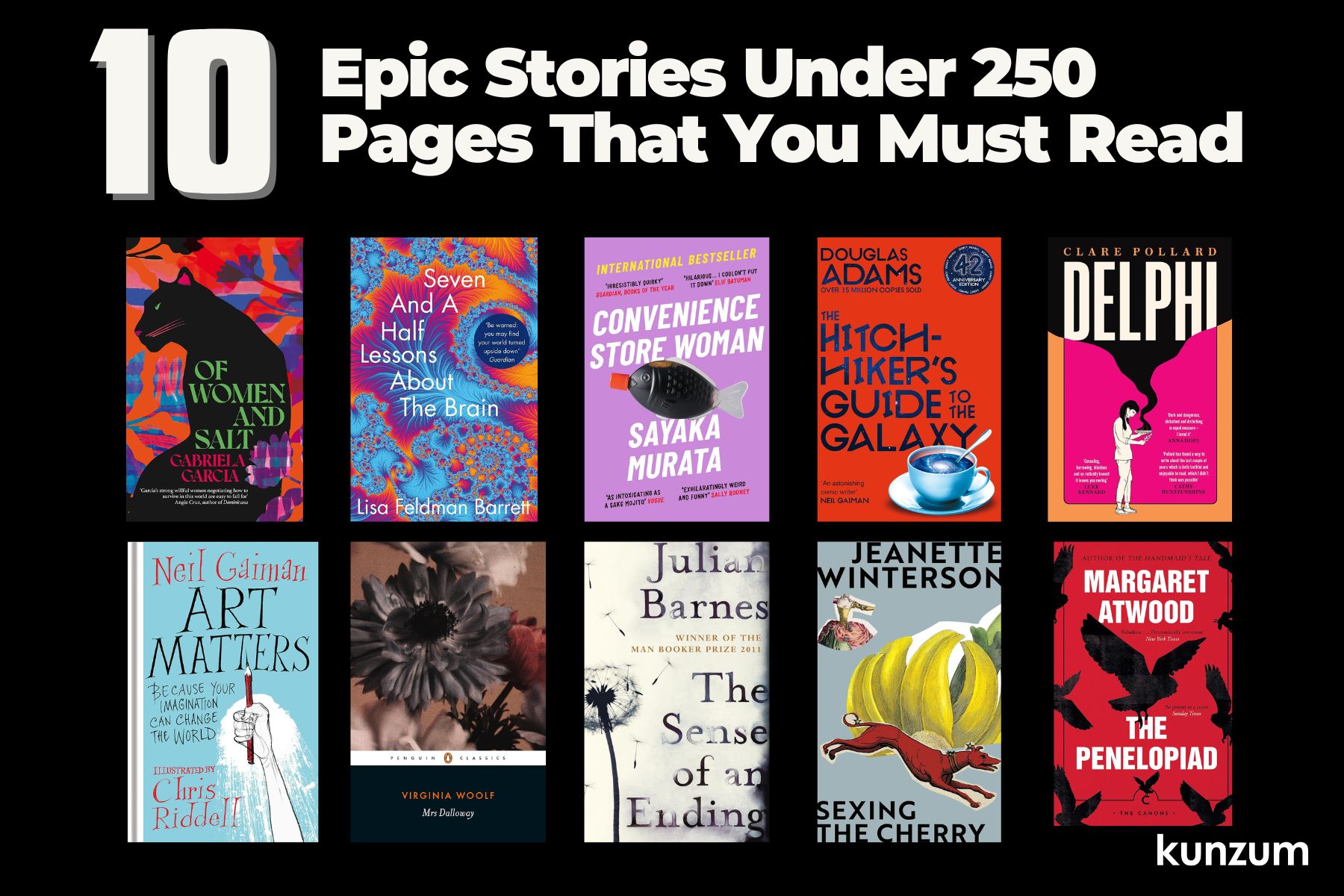
Been in a reading slump and can’t seem to get out? Our list of intense and ingenious books, which are well under 250 pages, is a sure-shot answer to your quiet ‘send help’ texts. From Atwood to Gaiman, this selection of both fiction and non-fiction consists of quick-reads that, despite their brevity, contain a host of epic stories and powerful narratives. Happy reading!
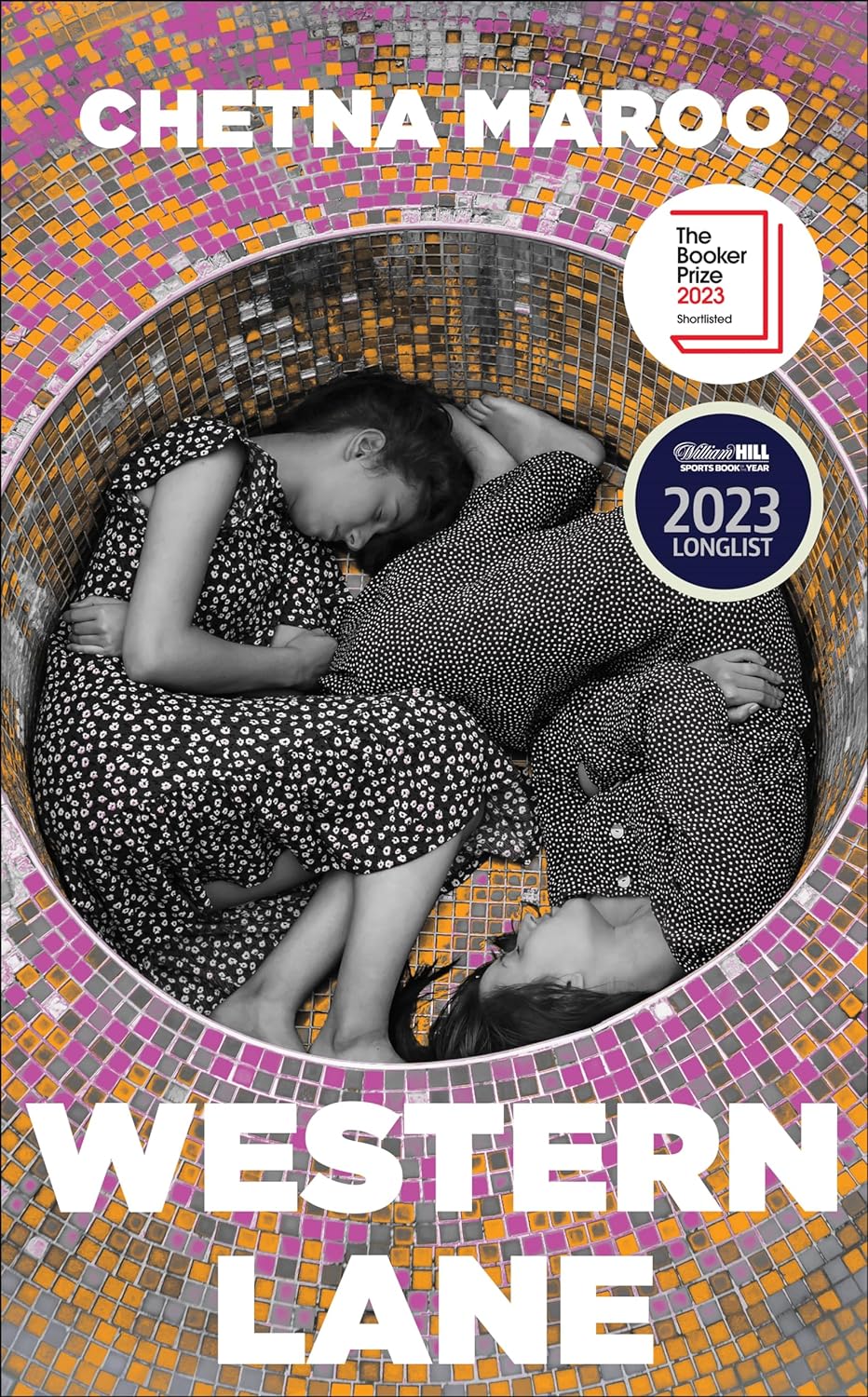
Western Lane by Chetna Maroo
Kenyan born British-Indian author Chetna Maroo’s debut novel, shortlisted for the 2023 Booker Prize, starts with the death of protagonist Gopi’s mother. A tenderly told story about bereavement, adolescence and the empowering realm of athleticism, the novel represents the absence of the mother in a way that softly outlines the presence of other members of the family. Set in Edinburgh, it follows the story of Gopi and her sister, who had been playing squash at Western Lane for as long as they could remember. Their relationship with the sport, and their father, breeds sudden tension when they are ambitiously forced to pursue squash as a serious professional possibility. Resembling the typical trajectory of an athlete narrative, made distinct by the subtle sentimentality that marks its tonality, Maroo’s short coming-of-age novel is worthy of being on your TBR.
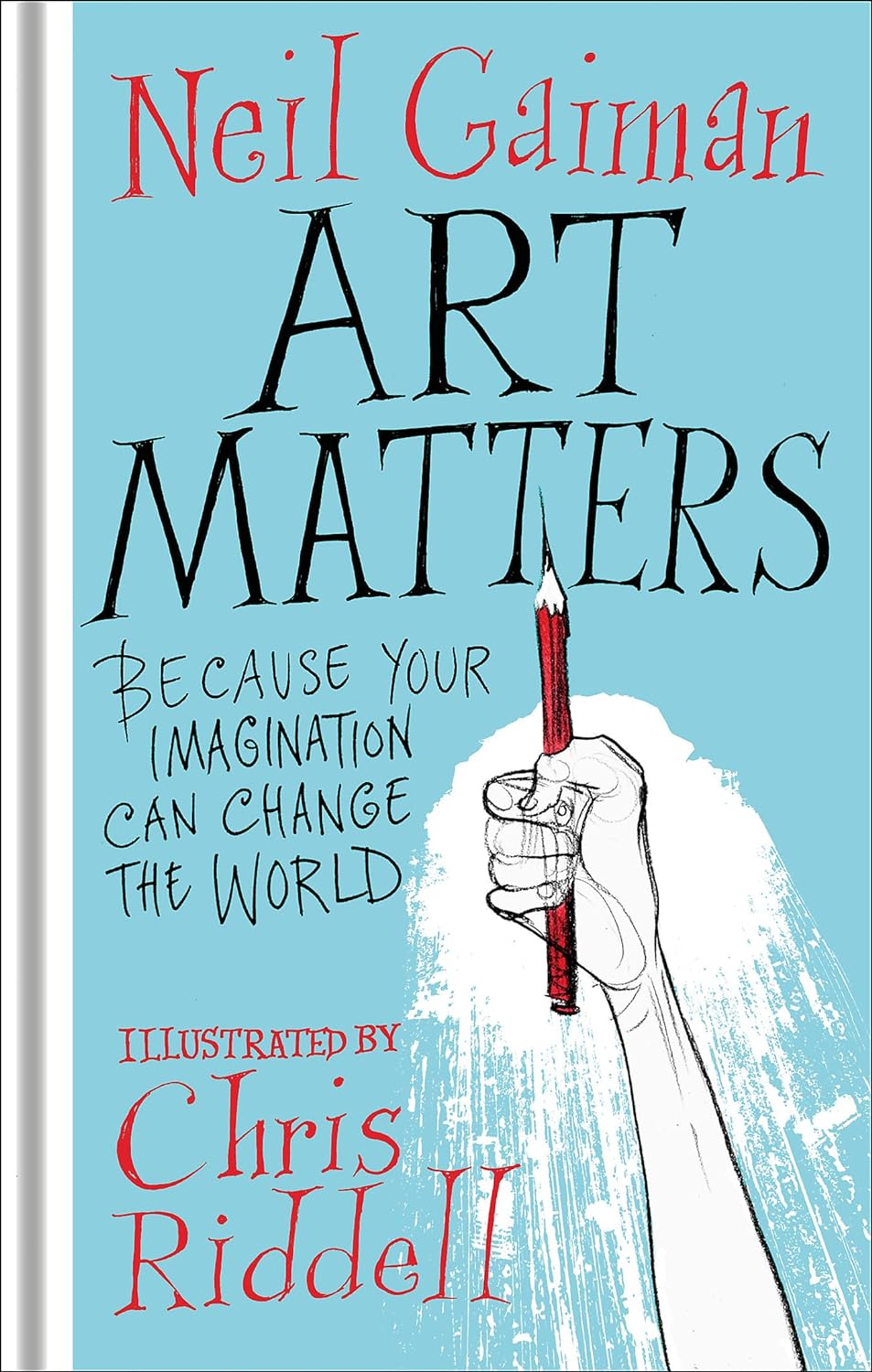
Art Matters by Neil Gaiman and Chris Riddell
Artists of the world unite, says Gaiman, for “your imagination can change the world”. Written with wit, charm and kindness, Gaiman and Riddell’s book of sketched illustrations is chock-full of learnt wisdom and motivations that address all creative spirits alike. Creating a safe space, the book is the equivalent of sitting in a cosy room with Gaiman and listening to him talk about the beauty and marvel of creativity and the sanctums that nourish it. Supplemented by Riddell’s delightful illustrations, Gaiman’s manifesto is an effort to empower your imaginations.
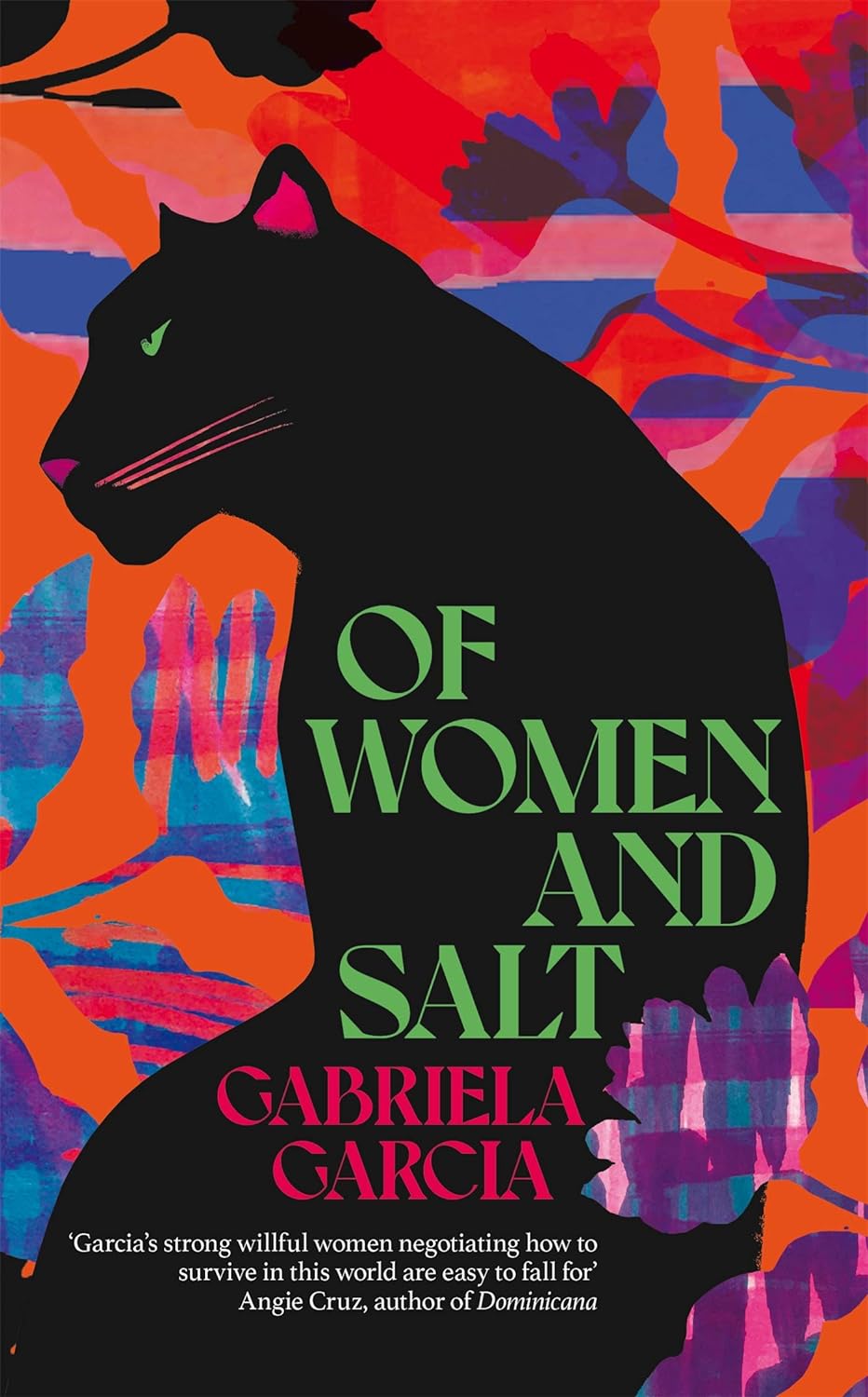
Of Women and Salt by Gabriela Garcia
Garcia’s “Of Women and Salt ” is a sweeping debut novel that discerns the many survivals enacted, over centuries, by the mothers and daughters of Latin America. From 19th century cigar factories to present-day detention centres, travelling throughout Mexico and Cuba, the novel is a mesh of 12 intertwined stories– each shining through in their distinct voices, tensions and tones– offering a remarkable glimpse into the oft-unknown realities of these Latinx women.
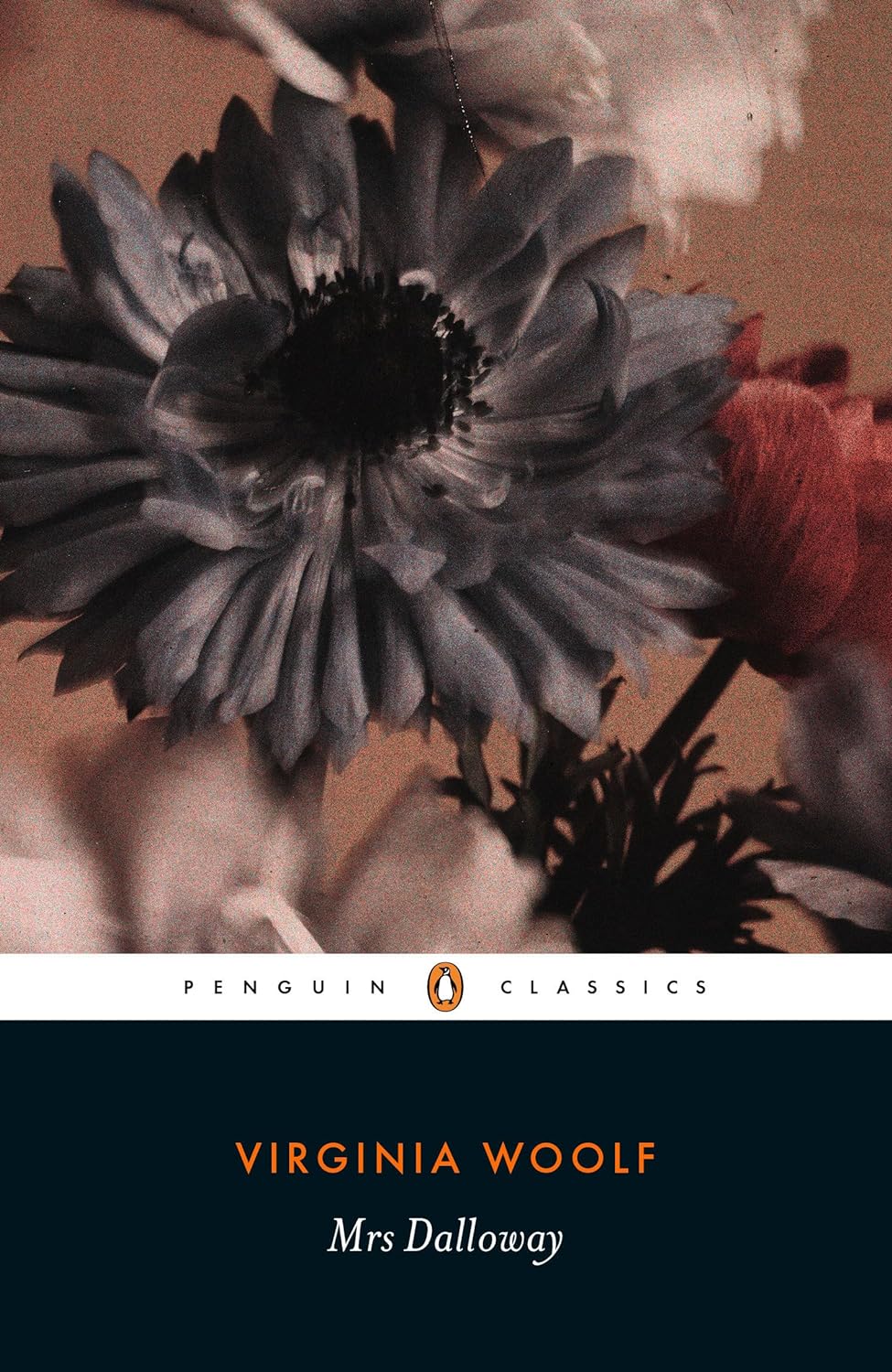
Mrs Dalloway by Virginia Woolf
“Mrs. Dalloway said she would buy the flowers herself”. And so begins Woolf’s modernist classic, with its iconic stream-of-consciousness narration that dizzyingly carries forth through the novel. It saturates it with vignettes of life in post-war England. Weaving in post-war trauma with modernist existentialism, Woolf’s staccato tale with its radically subjective time and space, invests all narrative components with the core anxieties of its time. An exemplary piece of literature, whose rhythms slowly sink into your own reading consciousness, “Mrs Dalloway” is a quintessential novel whose story spans the length of one singular day: the day of Clarissa Dalloway’s party.
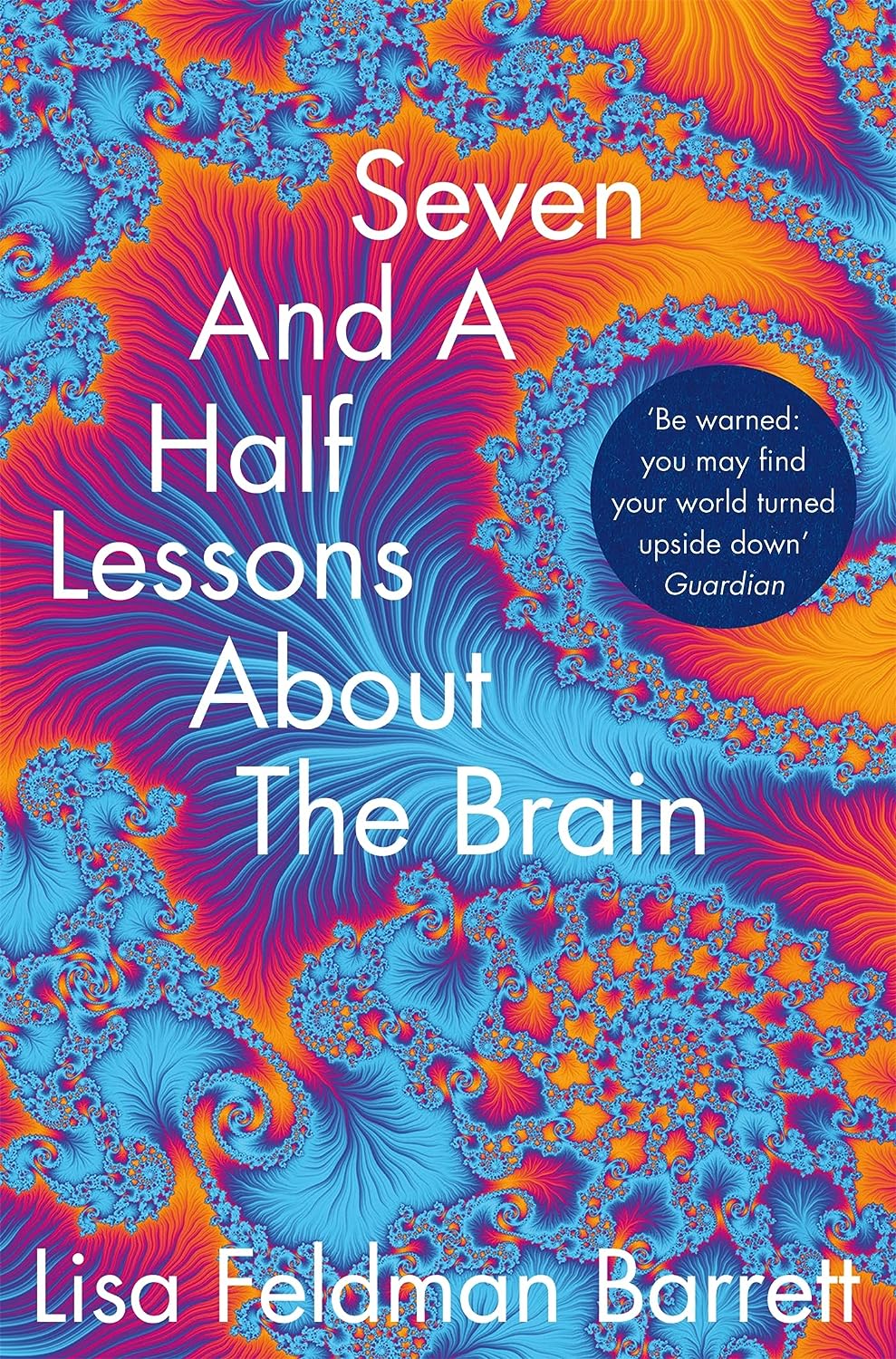
Seven and a Half Lessons About the Brain by Lisa Feldman Barrett
Brilliant neuroscientist Barrett’s “Seven and a Half Lessons About the Brain” is a riveting non-fiction that decodes the mysteries of the big human brain for the common reader. Extremely accessible, the book, in seven brief essays, offers illuminating and humorous lessons that dismiss popular myths and reveal the beauty of the complex organ. Lisa Feldman brings some of the most remarkable neuroscientific research to your fingertips.
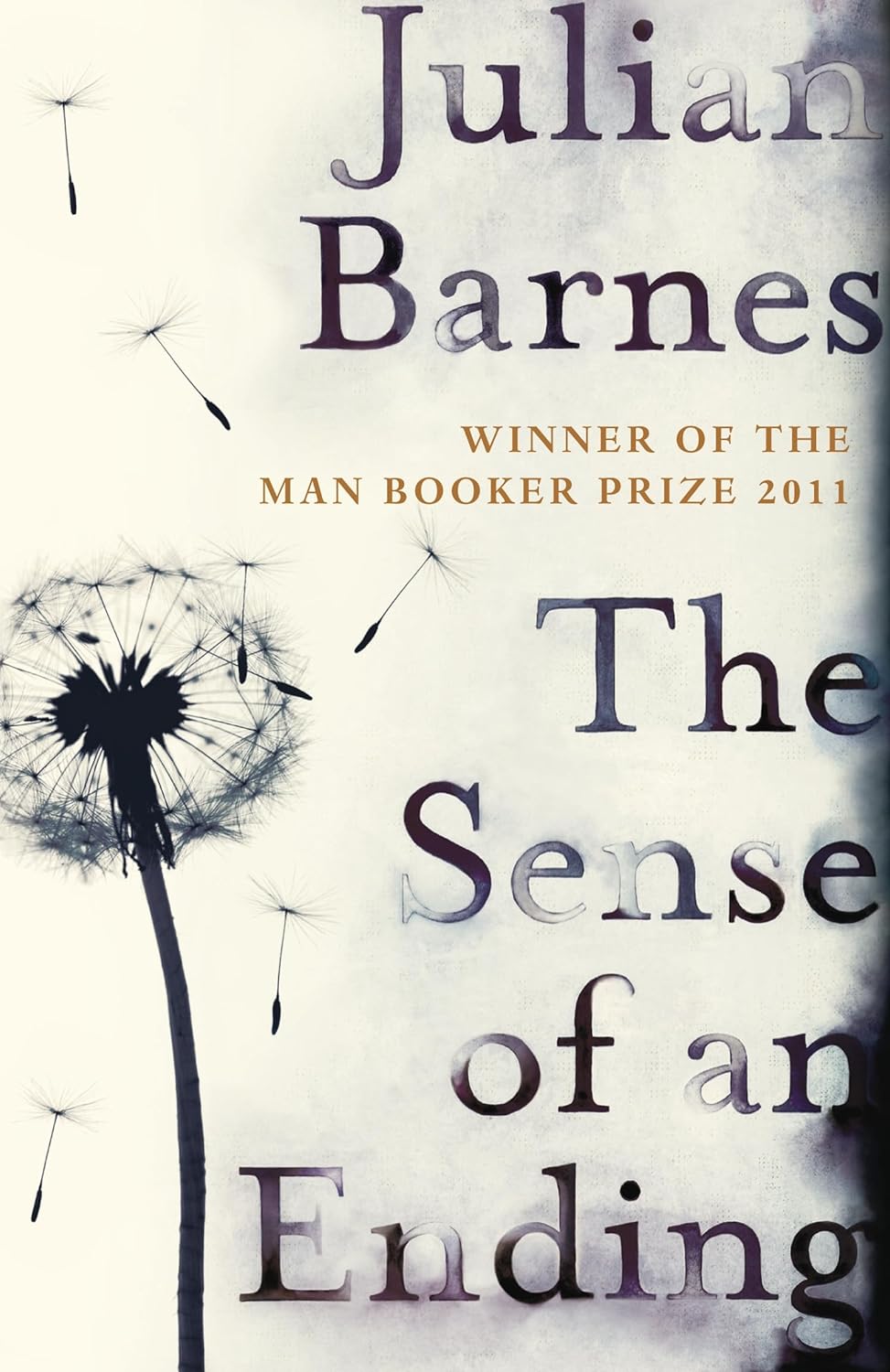
The Sense of an Ending by Julian Barnes
Written with immense psychological depth and nuance, Julian Barnes’ “The Sense of an Ending” is a novel that demands to be consumed in one sitting. Consisting of only two chapters, the novella follows 60-year-old Tony Webster who, in a series of random circumstances, is forced to re-acquaint himself with his ex-girlfriend Veronica, and eventually seek closure for an age-old relationship that ended poorly. More than just about lost love, it’s a novel that explores memory and nostalgia, rekindling Tony with his childhood group of best mates and showcasing the immense emotional unpacking involved therein. Written with esteemable deftness and skill, Barnes’ seemingly short novel is undeniably intense and profound, truly meriting its position in the Booker longlist.
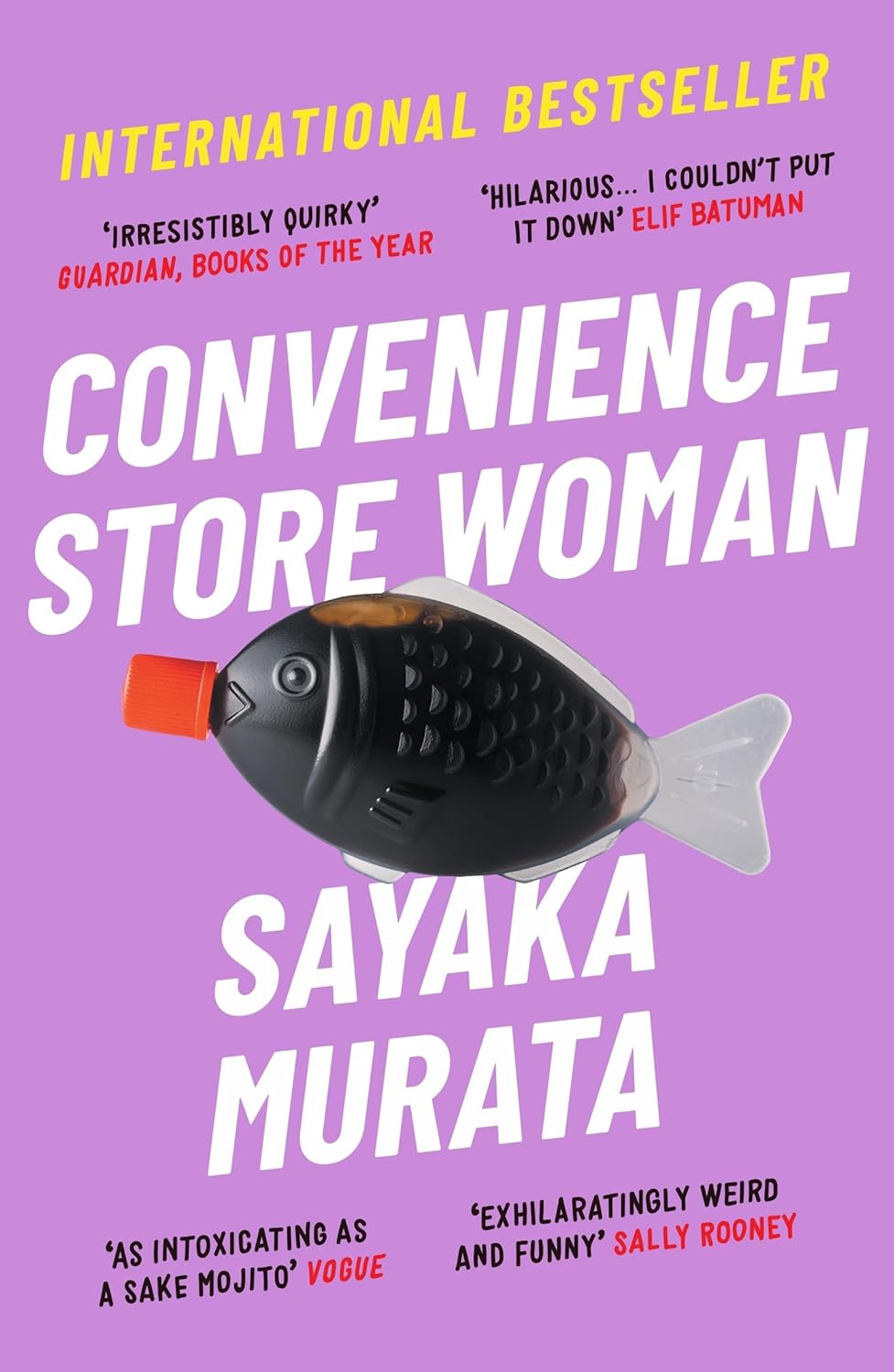
Convenience Store Woman by Sayaka Murata, tr. Ginny Tapley Takemori
Described as a love story between a girl and a store, Murata’s “Convenience Store Woman” is a fresh and intelligent elucidation of the loneliness and beauty of being a misfit who is often at odds with seemingly normal human behaviour. The story follows 36-year-old Kieko Furukura, a part time employee at a convenience store. Childless, lonely and a long-time part-time employee of a corporate-coded small time store, Furukura is happy and content– which is a problem for the world she inhabits. The social inability to imagine happiness and contentment in such contexts is critiqued by Murata as less of a failure of imagination, but rather a failure of empathy and kindness. Challenging commonsensical notions of what “success”, “happiness” and “normal” mean, Murata’s novel takes a seemingly prospectless protagonist to unseat unfair societal expectations and its scathing standards.
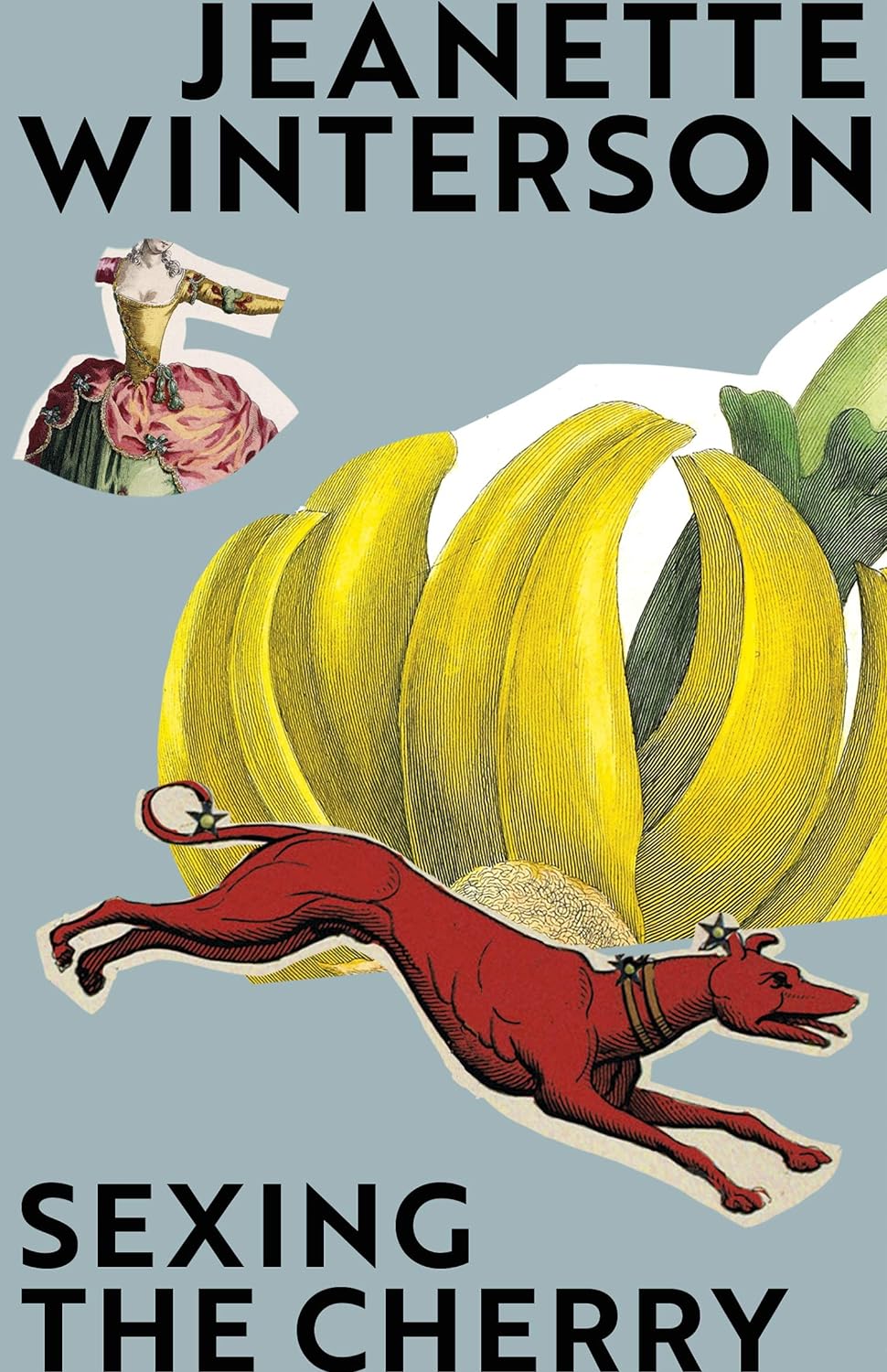
Sexing the Cherry by Jeanette Winterson
A rip-roaring postmodern adventure, Winterson’s “Sexing the Cherry” is many things, but never ‘not fun’. Set in 17th century London, “Sexing the Cherry” follows the wild tales and escapades of mother, Dog, and her protege/son Jordan. As the novel bends and discombobulates the neat boundaries of time and space, readers are invited to a mad variety of exploits– from discovering exotic fruits like bananas and pineapples to witnessing the “true” version of the twelve dancing princesses and also politically debating about being a Cromwellian or a Charles the 1st loyalist. A masterful work of historiographic fiction, feminism, queerness and fantasy, Winterson’s is a goldmine that ultimately narrates a carefully coded bildungsroman and represents the crucial journey of discovering the Self.
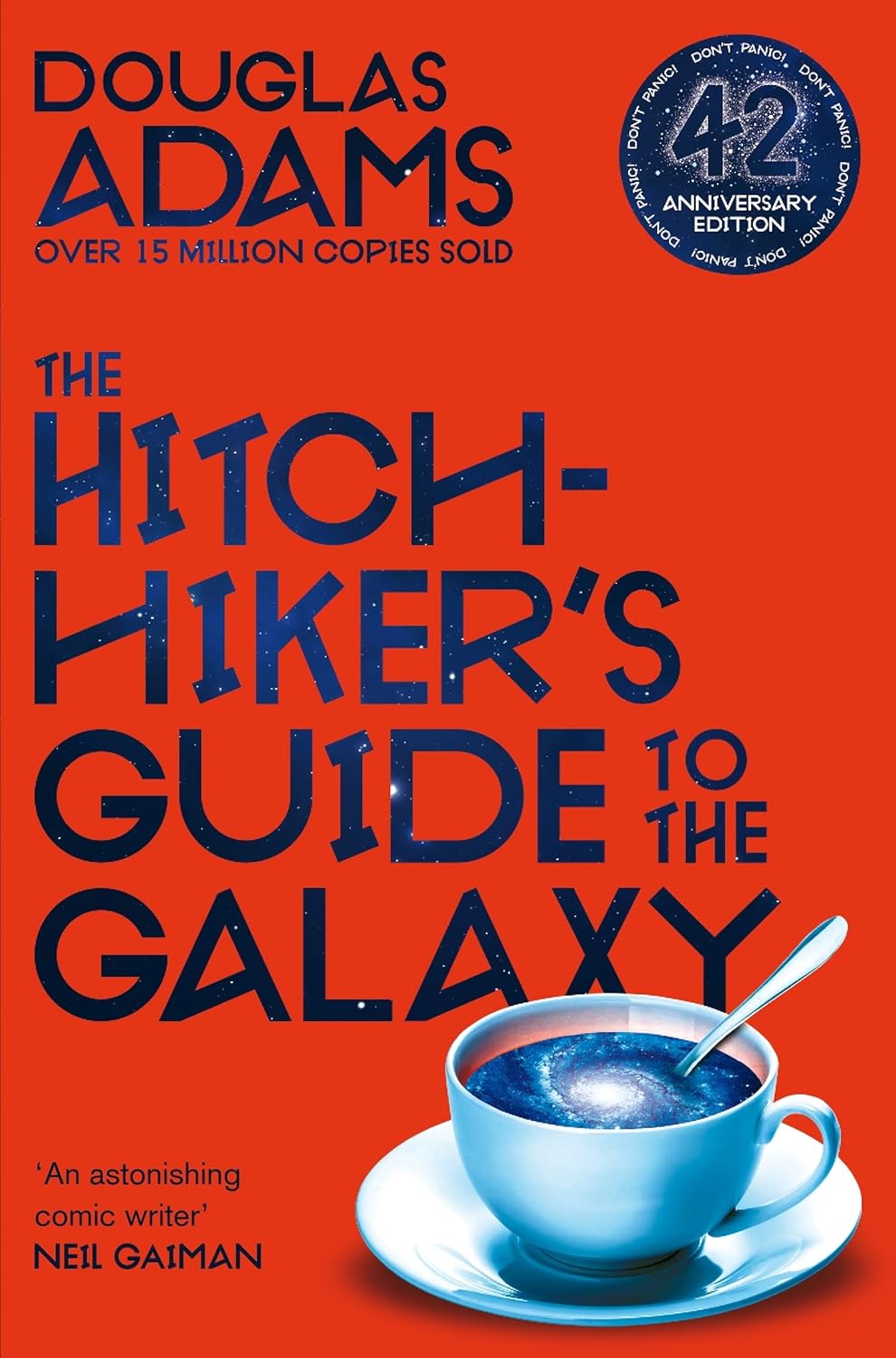
The Hitchhiker’s Guide To The Galaxy by Douglas Adams
First in a series of five, Adams is a deviously funny and highly entertaining sci-fi novel that promises to take you on an absurdist and rib-tickling adventure. Brilliant and unexpectedly wise, “The Hitchhiker’s Guide” follows a chronically nonplussed Arthur Dent who finds himself at the edge of an abruptly ending universe, and is soon forced to embark on a wild intergalactic journey with alien travel-writer Ford Perfect and his odd crew. What started as a humorous script for a new radio show, now exists as a remarkable five-part series, or what he calls a “trilogy in five”.
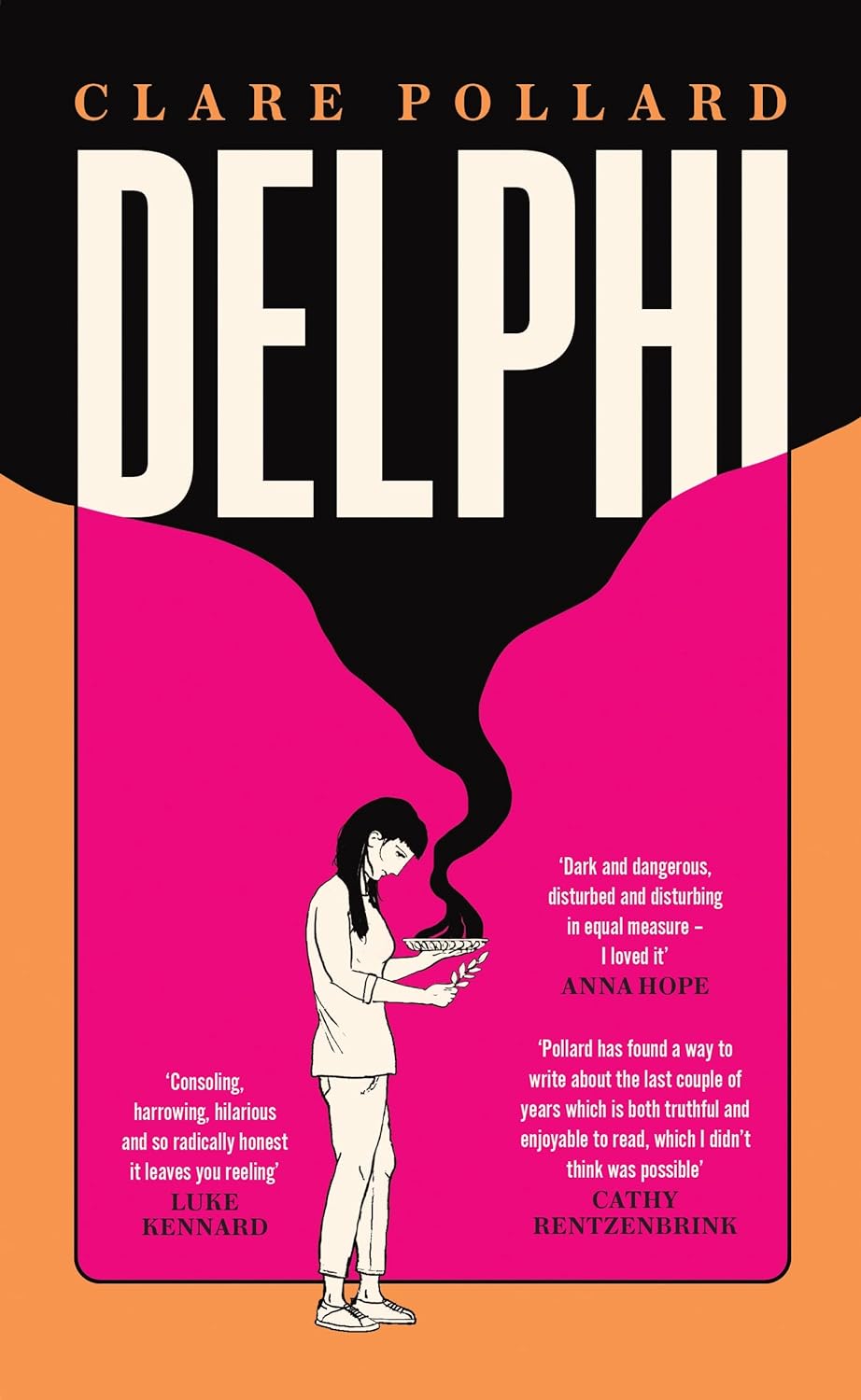
Delphi by Clare Pollard
An excellent addition to a quite random oeuvre of Covid novels, Pollard’s “Delphi” is a quick-witted new variant. Wrecked by apocalyptic visions of the future epidemics and world crisis, and despondent in the face of Covid quarantine and isolation, the novel’s anonymous protagonist is quite simply “sick of the future. Upto here with the future”. Bored and hungry for some community, she finds herself growing increasingly attached to and interested in the wide rich world of mythology, and the great civilizations they emerge from. Going out of the context of the pandemic, the novel, through its precocious down-a-rabbit-hole protagonist, delves into the beauty of canonical mythology and how it is so intimately linked to the shared past and a universal collective. Not wanting to know what would happen in the future, she takes succour in the past, and, with her postmodern sensibility, offers a renewed take on how we could reconnect with our classics and still find it to be poignant.
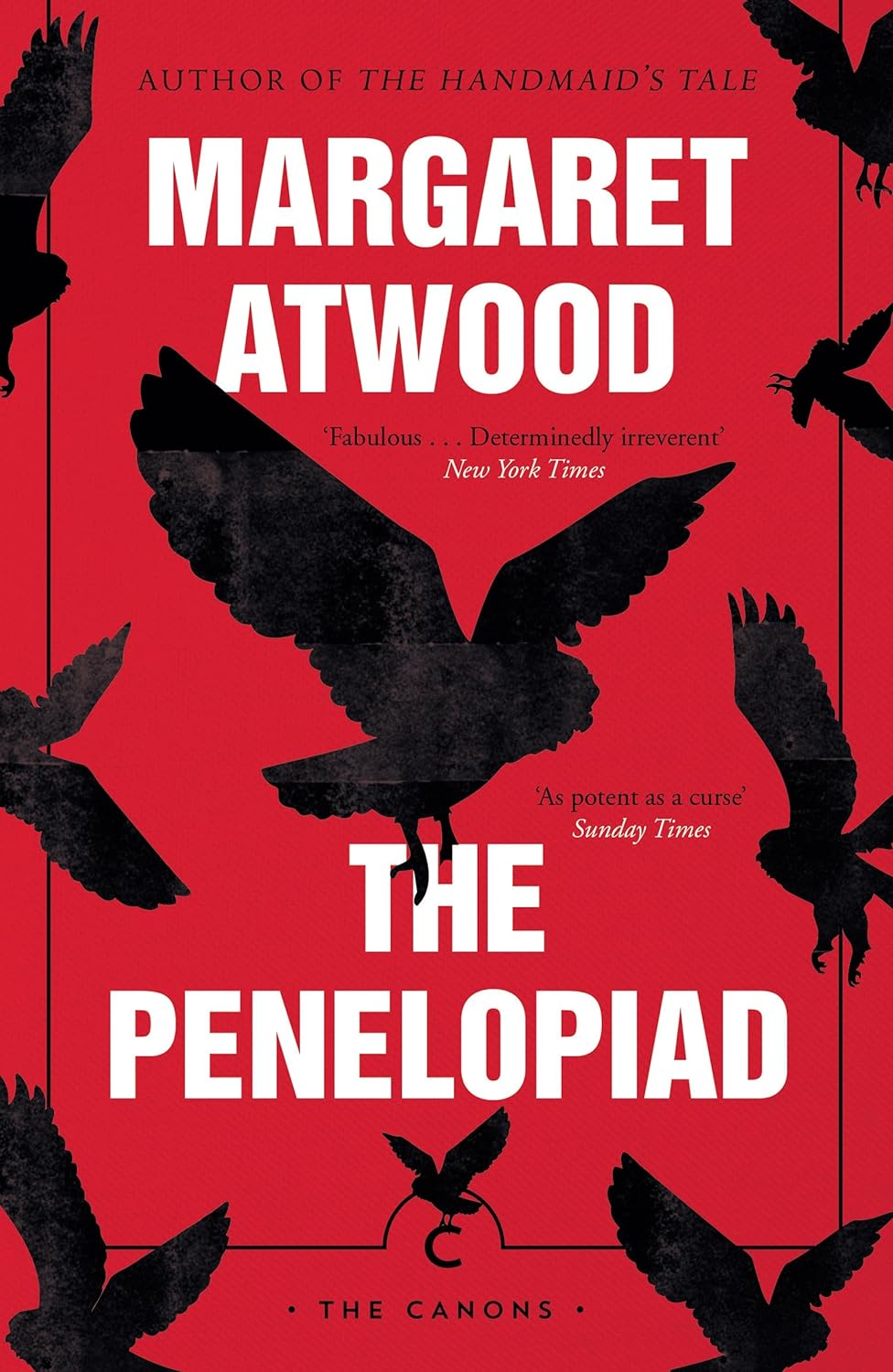
The Penelopiad by Margaret Atwood
From the queen of feminism herself, comes a novel in retrospect, specifically the retrospective visions of Penelope and her twelve hanged maids who now sit in the afterlife and contemplate the powerful mechanics of the Odyssey. A masterful attempt at revisionism, Atwood’s Penelope is an incisive critic who is heroic in being boldly irrepressible. As is the tradition of epics, the novel is narrated by a horde of conflicting, complementary and varied voices, offering, within a short expanse, a wide range of perspectives on a multiply-experienced singular story. A wonderful conjunction of the classical with the postmodernist, “Penelopiad” is a novella worth reading if you’d like an inside take on Odysseus and an introduction to Margaret’s acerbic voice.
Pick up an epic read that’s under 250 pages from any Kunzum store or WhatsApp +91.8800200280 to order. Buy the book(s) and the coffee’s on us.
